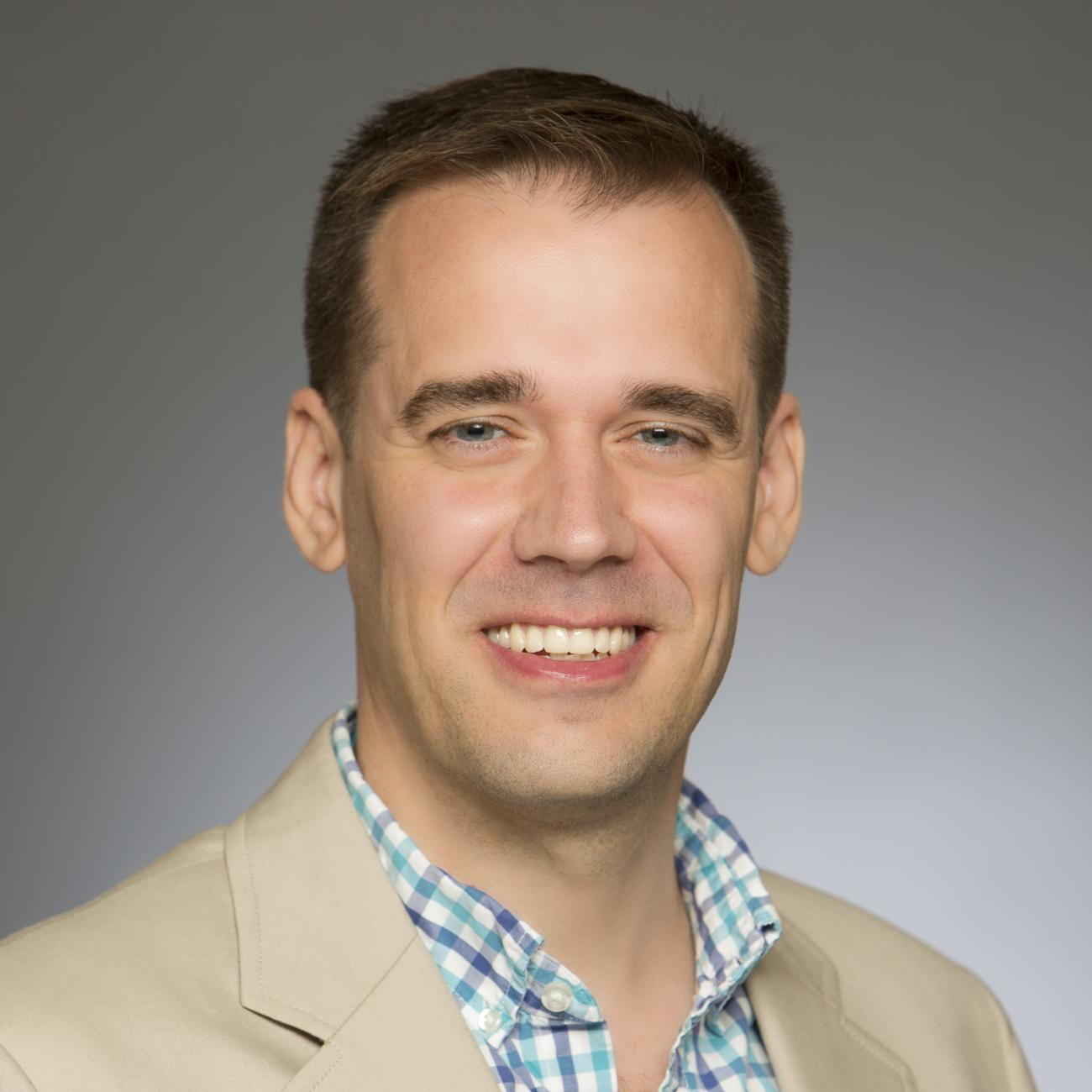
Eric J. Schelter
Professor
Department of Chemistry, University of Pennsylvania
Prof. Eric Schelter’s research group studies synthetic inorganic chemistry with interests ranging from fundamental coordination- and organometallic chemistry to developing sustainable processes. Within CSSM he is developing new methods to bind and separate metals such as tantalum, niobium, and cobalt from spent electronics. He was the recipient of the 2017 U.S. EPA Green Chemistry Challenge Award for selective separations of rare earth metals and he is the director of CSSM.
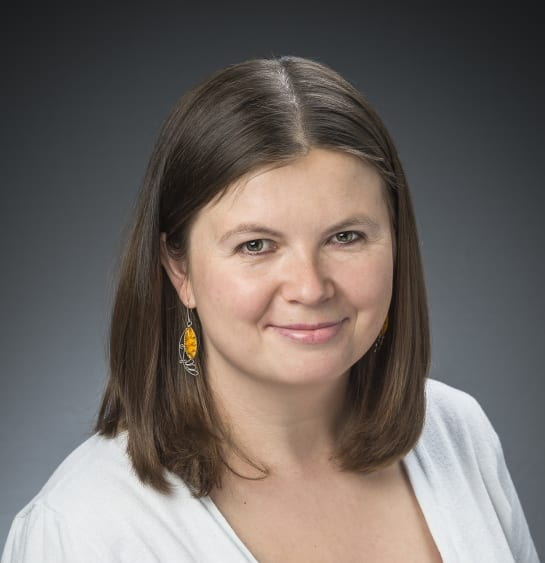
Marta Guron
Managing Director
Department of Chemistry, University of Pennsylvania
Dr Marta Guron has expertise in interdisciplinary aspects of sustainability, particularly with regards to waste management of plastics. She has spent over a decade educating students ranging from high school to undergraduate non-science majors, Chemistry majors and graduate students. She has developed experience in curriculum development and was recently recognized by the American Chemical Society as one of 31 faculty from across the US and Canada to design curriculum based on systems thinking for General Chemistry using sustainability as a lens. She has managed non-profit endeavors designed to reach underrepresented groups, and is passionate about bringing together sustainability, education and equity.
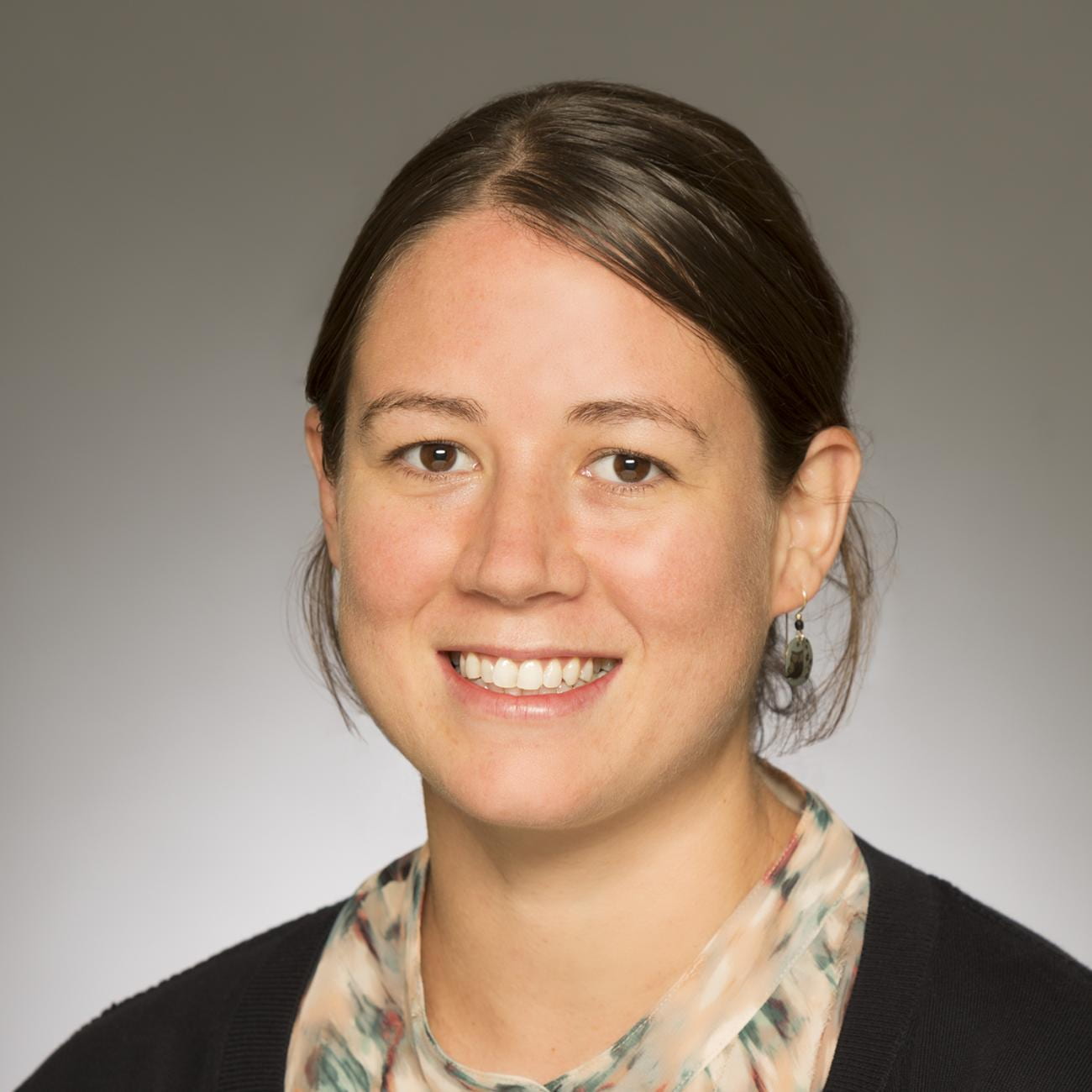
Jessica Anna
Assistant Professor, Elliman Faculty Fellow
Department of Chemistry, University of Pennsylvania
Prof. Jessica Anna’s group works in experimental physical chemistry and spectroscopy and uses ultrafast multidimensional spectroscopic techniques to explore photochemistry and photophysics. For their work in CSSM, Prof. Anna’s group is examining how electronic structure and photochemistry can be used for selective metal separations. She won a 2016 Early Career Research Program award from the U.S. Department of Energy and was named a Sloan Fellow in 2019.
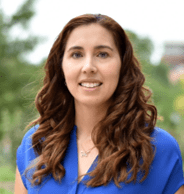
Suzanne Bart
Professor
Department of Chemistry, Purdue University
Prof. Suzanne Bart studies the synthetic chemistry of metal complexes of ‘redox active’ ligands and their applications. Prof. Bart’s work in CSSM includes developing new methods for the recycling of metals from solar panels through control of metal complex redox chemistry. She was the recipient of an NSF CAREER award and is an Associate Editor for the American Chemical Society journal Inorganic Chemistry.
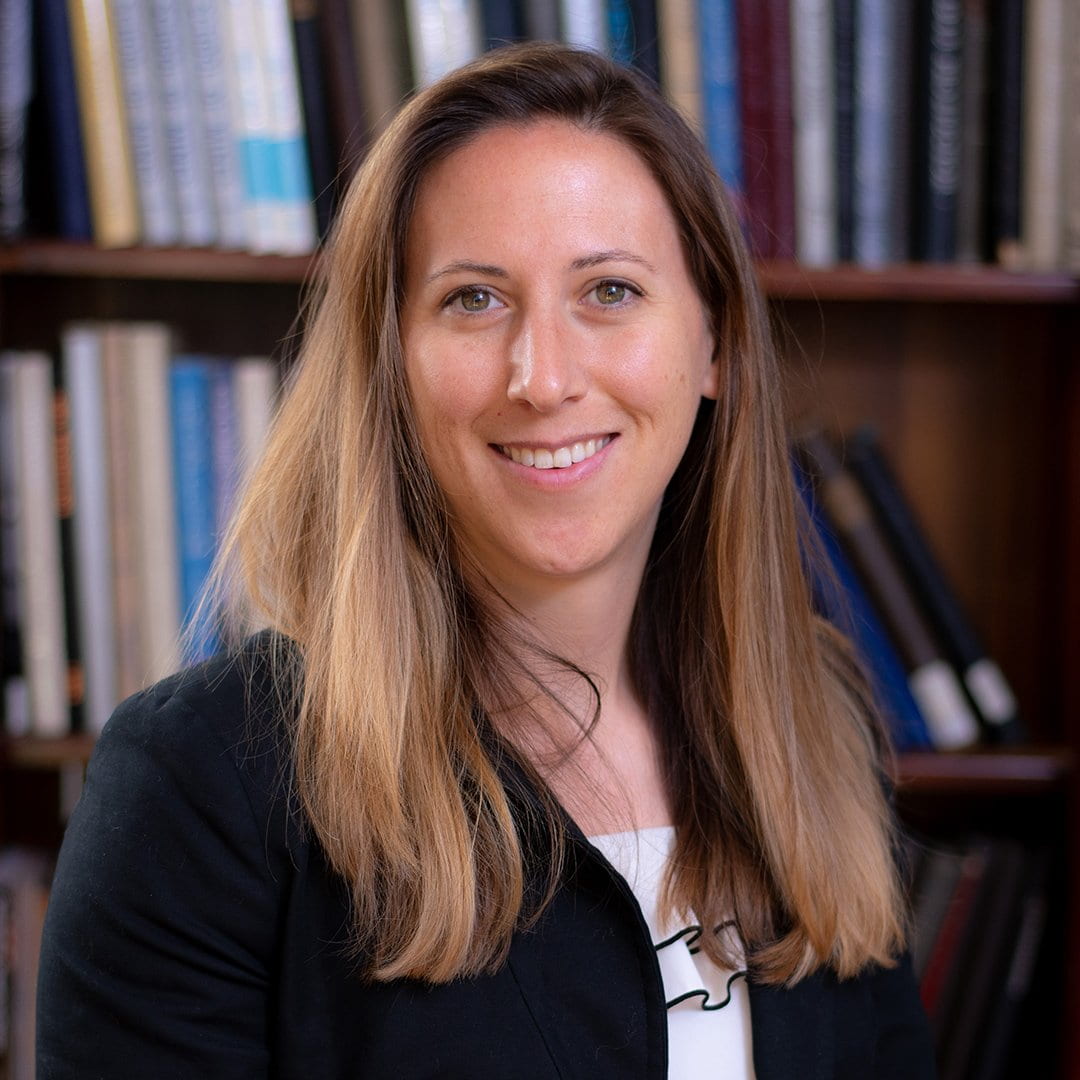
Jenifer Shafer
Associate Professor
Department of Chemistry and Nuclear Science & Engineering Program, Colorado School of Mines
Prof. Jenifer Shafer’s group is working to advance f-element separations technology, which has broad applications in advanced nuclear fuel cycles, nuclear forensics and renewable technology. Within CSSM, Prof. Shafer is interested in advancing rare earth element separations technology through the use of new materials and supramolecular assembly. Prof. Shafer was the 2019 Chair of the ACS Division of Nuclear Science & Technology, a 2014 DOE Early Career awardee and a member of the 2017 ACS I&EC Research’s Class of Influential Researchers.

J. Fraser Stoddart
Board of Trustees Professor, Director of the Center for the Chemistry of Integrated Systems
Department of Chemistry, Northwestern University
Prof. (J.) Fraser Stoddart leads the Stoddart Mechanostereochemistry Group at Northwestern University. Their research interests are in chemistry beyond the molecule, which, combined with his interest in templation, has led to the template-directed synthesis, based on molecular recognition and self-assembly processes, of a wide range of mechanically interlocked molecules, bistable variants of which have found their way in the form of switches into molecular electronic devices and drug delivery systems. Within CSSM, Prof. Stoddart’s group is developing new methods to partition platinum group metals based on supramolecular recognition. In 2014, he was elected as a member of the National Academy of Sciences. He was a recipient of the 2016 Nobel Prize in Chemistry, among many other prizes and honors.
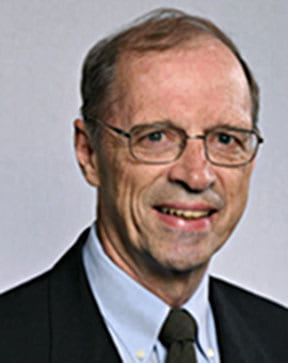
George Schatz
Charles E. and Emma H. Morrison Professor of Chemistry and of Chemical and Biological Engineering
Department of Chemistry, Northwestern University
Prof. George Schatz’s research group is concerned with theory and computation as applies to problems in nanotechnology, properties of materials, macromolecular structures and dynamics, molecular self-assembly, optics, materials physics and biophysics. Within CSSM, the group is working on electronic structure methods, especially to study the reactions of molecules at interfaces. Prof. Schatz is Editor-in-Chief, Journal of Physical Chemistry A, B, C, and Letters. And he is a Member of the U.S. National Academy of Sciences.
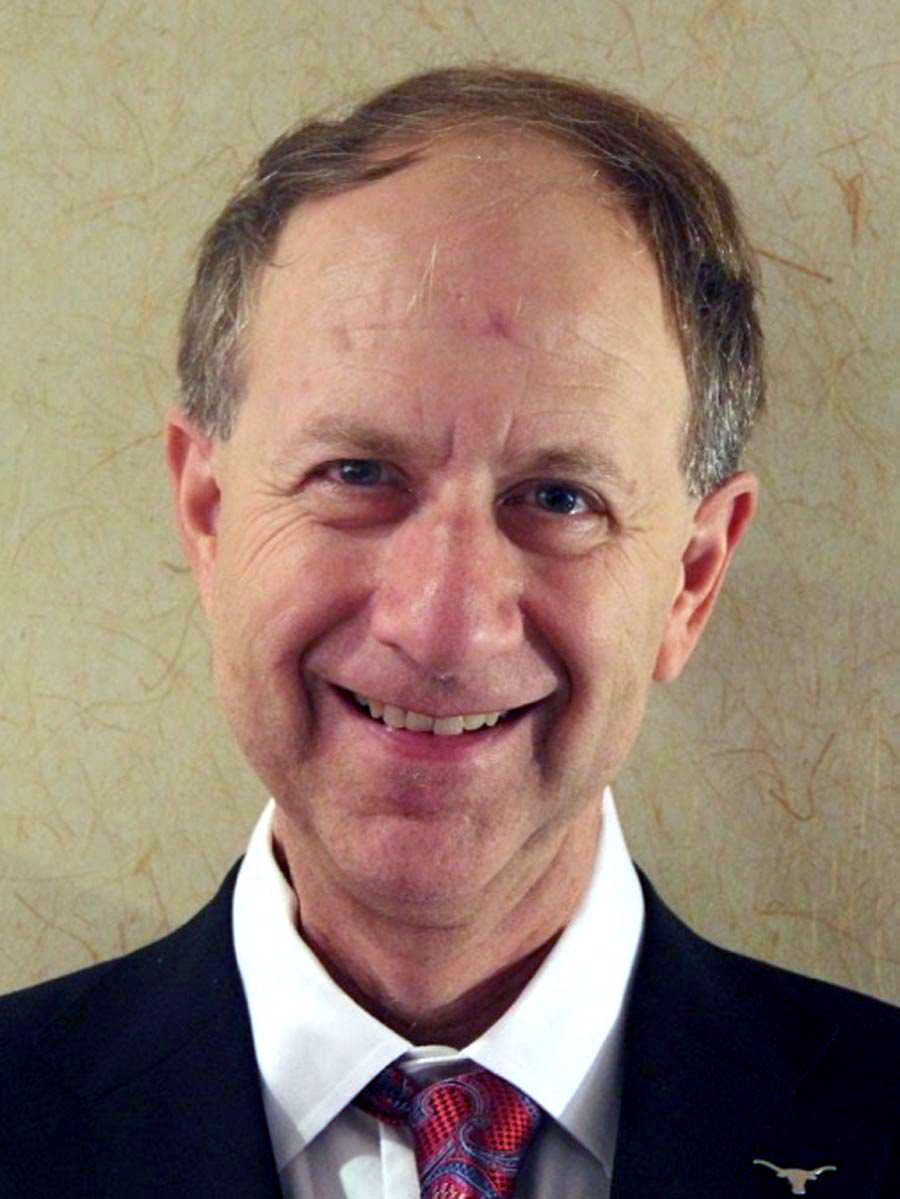
Jonathan Sessler
P. Doherty, Jr. – Welch Regents Chair in Chemistry
Department of Chemistry, University of Texas, Austin
Prof. Sessler’s research group is in the business of “Molecular Engineering” in that their research involves the design and construction of molecules carefully tailored so as to accomplish a specific objective. As often as not, they simply set out to prepare molecules or assemblies of architectural elegance with interesting chemical, physical, or biological properties. Under CSSM, Prof. Sessler’s group is working to prepare new compounds that can sequester and co-sequester certain metal ion targets such as lithium and other metals. He is an associate editor for the journal Chemical Communications and in 2011 he won the Royal Society of Chemistry, Centenary Prize. Prof. Sessler has also been an inventor of record on over 75 issued U.S. Patents.
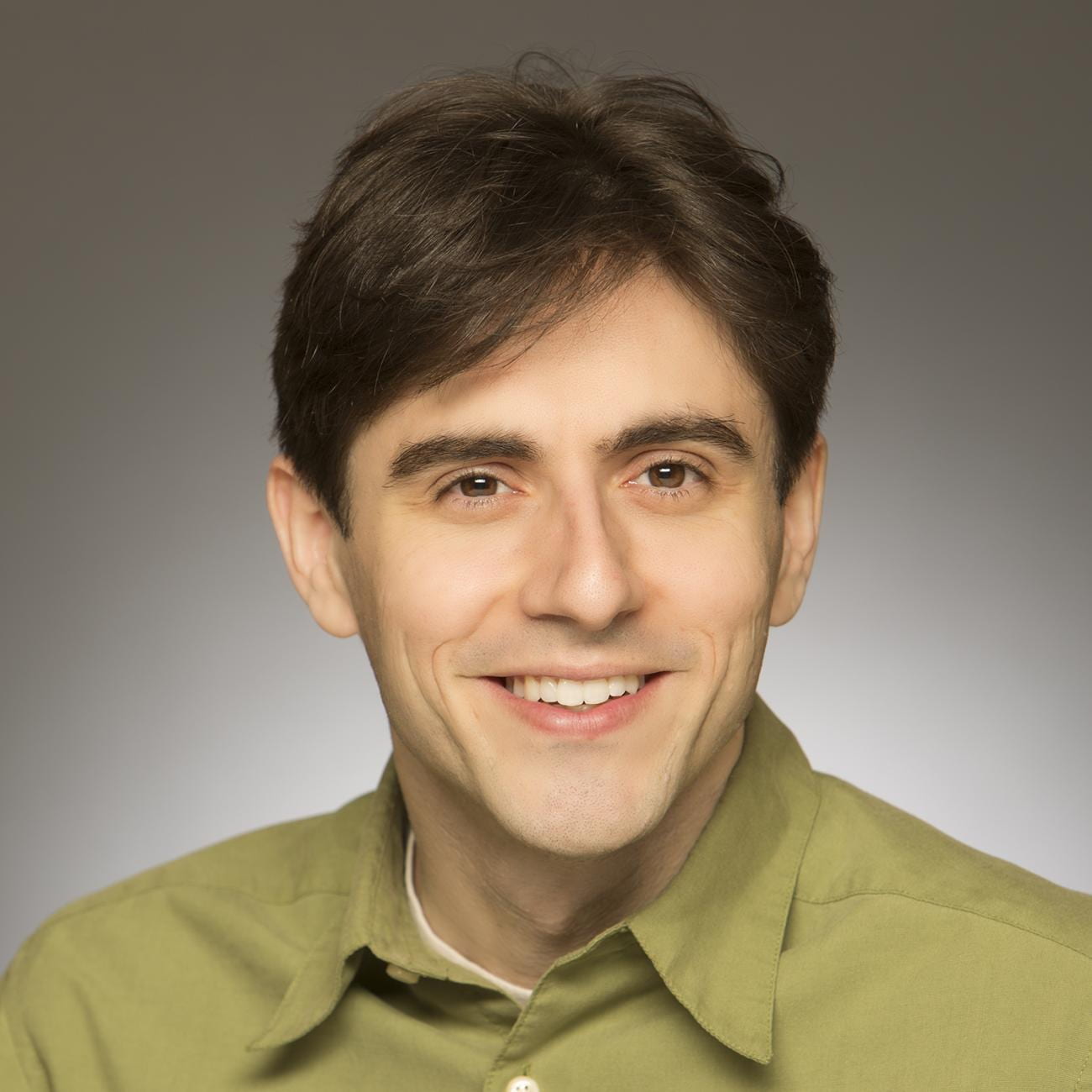
Joseph Subotnik
Edmund J. and Louise W. Kahn Endowed Term Professor of Chemistry
Department of Chemistry, University of Pennsylvania
Prof. Subotnik’s theoretical chemistry group studies electronic processes in the condensed phase. Using tools from electronic structure theory, nonadiabatic dynamics, perturbation theory, and statistical mechanics, they seek a comprehensive theoretical and computational platform for studying electronic relaxation, electron and energy transfer, and multilinear spectroscopy. Under CSSM they are working on new methods to evaluate electron transfer, especially involving metal cations. He is an organizer of the annual Penn Conference on Theoretical Chemistry and was the recipient of a 2016 Guggenheim Fellowship.
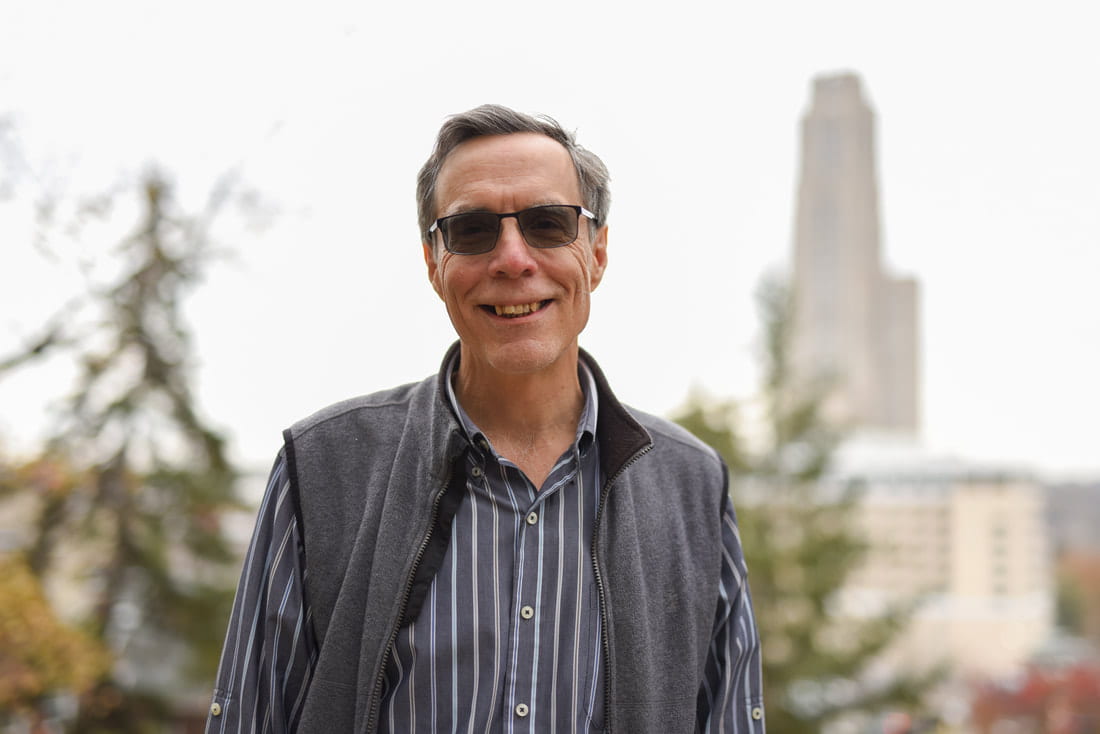
David Waldeck
Professor of Chemistry
Department of Chemistry, University of Pittsburgh
Professor Waldeck’s research program uses methods of spectroscopy, electrochemistry, and microscopy to investigate primary processes in the condensed phase, which includes liquids, solids and liquid/solid interfaces. Current themes of his research are the fundamental understanding of the chiral induced spin selectivity (CISS) effect and its role in electron transfer reactions and electron transport in supramolecular structures. The chiral induced spin selectivity effect can also be exploited for facilitating chemical reactions. The group is working on demonstrating that chiral materials are accompanied by a spin polarization that can be used to discriminate between triplet and singlet reaction pathways. These studies are guiding the development of new methods for enantiomeric separation and discrimination.
